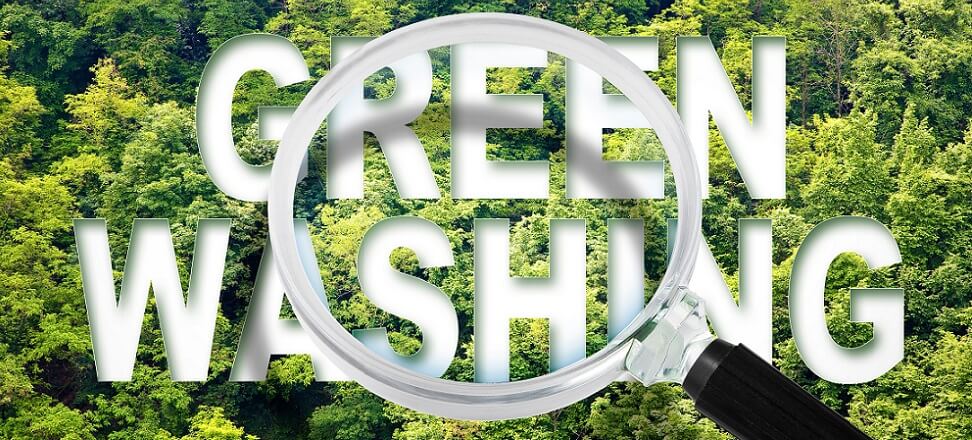The topics of sustainability, climate neutrality or supporting a circular economy are becoming increasingly popular. Manufacturers are outdoing themselves in making pro-environmental claims. This is a result of the public’s growing awareness of the importance of climate change and the environment in our lives. As customers, we are paying more and more attention to the environmental footprint of the services and products we buy. This translates into a growing level of ambition for companies. Also of no small importance is the increase in investor interest in sustainable activities as less risky ones. The topic of green finance is quite extensive and will be presented more extensively in future issues of “Water Issues”.
Companies’ ambitious goals and pledges to reduce climate and environmental impacts should be followed by action. However, this is not always the case. Apparent activities to reduce the environmental footprint, including, among others. carbon footprint, are called “greenwashing.” This English term (based on the words “green” – green and “washing” – washing) means deliberately misleading the public about the environmental performance of an activity. Using the language of youth, we will call such practices “environmentalism.”
In the sense as above – misleading customers – greenwashing can be considered an unfair trade practice. The Office of Competition and Consumer Protection is the authority that has the power to verify companies’ environmental declarations. As reported by Puls Biznesu, the inspections primarily affect large companies such as LPP and Allegro, and have been going on for quite some time.
It should be noted that both fashion company LPP and Allegro have sustainability strategies, including reducing greenhouse gas emissions by 38% by 2030(Allegro), reducingCO2 emissions by 15% by 2025, using 100% recyclable plastic for packaging(LPP). It is such declarations that will come under the OCC’s magnifying glass. The inspectors will check whether the commitments are actually backed up by the measures taken, and whether the products presented as organic really are so. This is because it is easy to declare being eco on a wave of mass interest in the subject. It is much more difficult to implement these declarations in daily operations. There are hefty fines for misleading customers, up to 10% of revenue.

 Polski
Polski






